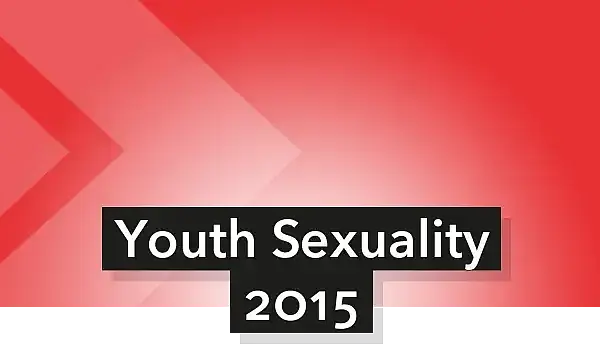The BZgA has been analysing the attitudes and behaviour of young people regarding sex education, sexuality and contraception since 1980. Youth sexuality 2014/15 is the eighth study in this ongoing series.
The goal of the survey was to obtain empirical data, which, because of the representative nature of the samples, would allow reliable statements to be made about the attitudes and behaviours of young people in the Federal Republic of Germany, and – for young people of German background – of their parents, with regard to sexuality education.
The current study follows on from previous studies with the express goal of revealing trends among young people. However, it does more than just continue to describe trends: it also differs with respect to its altered sample. This was the first time that young adults between the ages of 18 and 25 were included in the study. The extension of the age span allows the BZgA to pursue the developments as the subjects transition from being minors to young adults; there is no resilient data on this age group in the previous studies. The report at hand presents the results from the survey of 14–25-year-olds. It summarizes the most important results of the survey; the data is presented both in text form and diagrammatically.
- Project profile
- Context
- Research results
- Project-related publications
- Related projects
Project participants
Project management:
Angelika Heßling
Heidrun Bode
Client
Project period
01.01.2014 to 31.12.2015
Target group / Sample
Girls and boys with German citizenship aged between 14 and 17, as well as their parents
Young adults between the ages of 18 and 25
A total of 5,750 interviews, distributed over the following groups:
Size of the supplementary sample
- Girls with foreign citizenship n = 357
- Boys with foreign citizenship n = 375
- A sample of “young people with a migrant background” was defined and evaluated. This sample consisted of: girls and boys with foreign citizenship (supplementary sample)
- young people from the main sample, who, because of their parents’ origin, were identified as young people with a migrant background
Size of the main sample
- Girls with German citizenship n = 1,456, parent interviews for this group: n = 1,190
- Boys with German citizenship n = 1,354, parent interviews for this group: n = 942
- Evaluation of the main sample, “German young people”, is based on girls and boys with German citizenship, regardless of a possible migrant background as a result of the parents’ origin, since this corresponds to the definition of the earlier surveys.
Methodology / Research design
- face-to-face surveys all over Germany
- quota method (by age, gender, and among the German young people also by education)
- combined oral and written questionnaires. The survey was split into a personal, oral section conducted by an interviewer, as well as a written questionnaire that addressed more intimate questions. This was filled in by the young people themselves.
- Parent interviews were conducted orally with the exception of only a few questions.


